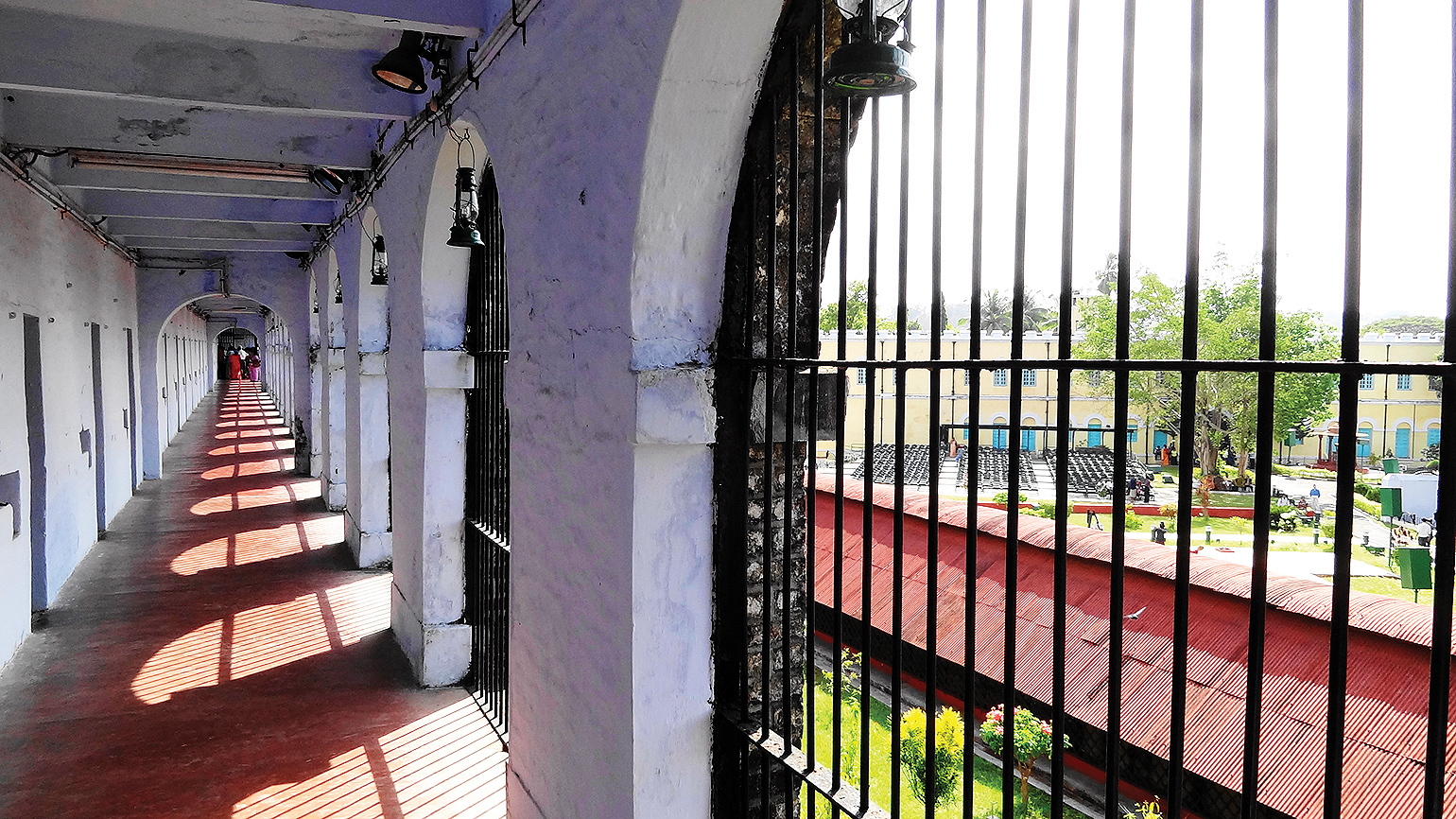Our prisons have become dens from which criminals run their drug and extortion cartels as Jail authorities look the other way
Ordinary citizens presume that those held behind bars are isolated from the world of crime. But that seems to be the case only on paper. Criminals inside the jail find innovative ways, pay hefty bribes and employ technology to carry out their nefarious activities. It would not be far from the truth to say that jails in India sometimes become safe havens for criminals.
The latest proof came on Valentine’s Day. A Rohini-based businessman app-roached Delhi Police after more than a dozen criminals muscled into his office to play a WhatsApp video message by Rahul Kala, a close associate of gangster Neeraj Bawana lodged in Tihar jail. The message was an extortion demand for Rs 50 lakh.
A naïve citizen would wonder: How is it possible? How can criminals operate from inside jail with such panache, running drug and extortion cartels?
An answer may lie in the statistics provided by the 3rd Battalion of Delhi Armed Police that escorts under-trial prisoners and convicts from prison to court and back— to be precise, it produced 2,97,420 prisoners before courts in 2018.
The department lists the banned articles confiscated from criminals and undertrials while they were being transported to and from the court – and this data is a revelation. Some 200 mobile phones, cash in big currency notes, sharp blades, knives, even narcotic substances were recovered in large quantities. Inmates were found to be fairly skilled at hiding banned substances inside body cavities.
Recently out from Tihar jail, a Nigerian by the name Olanga, who was lodged there for peddling drugs, now lives in South Delhi. He confirmed to Patriot that “everything and anything” is available inside the jail for a price. He used to keep a daily diary and made some interesting observations.
“Social hierarchies exist inside the jail.” he wrote.
“Rich are privileged. They fuel the system and live in luxury,” he wrote another day.
“It’s not surprising that people at the bottom of the social hierarchy ladder are exploited both inside and outside jail. Violence is the reward for being poor.”
“Poor serve the rich, clean toilets, give them a massage…get leftovers.”
Then there’s the testimony given by Nasser (this is how he’s known in Delhi), a criminal turned travel agent, now living in Chhattarpur. He was arrested three years ago, when he was 18, for peddling drugs, and is now out on bail, “I used to make more money inside the jail selling drugs than outside. The difference is that it is much safer to operate inside the jail.” He wasn’t joking.
In Uttar Pradesh, jail is a safe haven for other reasons. Ever since Yogi Adityanath government started hunting down gangsters, many of them who were on the run surrendered to the police and went to jail. They voluntarily gave up their freedom as they were scared for their lives, apprehensive that they’d be the next to be gunned down.
Deepak, who was wanted for looting bank employees in Shamli, last year surrendered in the Charthawal police station of Muzaffarnagar. He no doubt felt jail is a safe shelter for dreaded criminals, not just from rival gangs but also from the police bullets.
But it didn’t work out so well for many gangsters, as members of different gangs target one another inside prisons. Last year, Prem Prakash Singh, popularly known as Munna Bajrangi, a 51-year-old gangster, was shot dead by another, Sunil Rathi, inside Baghpat Jail. Munna’s wife Seema Singh had warned the authorities of an imminent murder bid on her husband. “It was a custodial murder and a planned conspiracy hatched by the Uttar Pradesh police and jail officials….several persons are behind the murder of my husband,” she had alleged in a press conference.
Moreover, corruption is rampant. In November last year, a video went viral showing inmates, included gangsters Sohrab and Anshu Dixit, in Rae Bareli district jail, making extortion calls while drinking. Dixit was seen making a call to an accomplice asking him to arrange Rs 10,000 to the jailer at his residence and Rs 5,000 to the deputy jailer. The government suspend six jail functionaries.
Even in Jammu and Kashmir (J&K) where security apparatus is tight because of the prevalent situation on the ground, last week J&K police recovered mobile phones, weapons and deep freezers from Kot Bhalwal jail. The police was tracking a mobile calls and found that calls were being made from inside the jail. A search operation was carried to stop the functioning of prisoners and militants from inside the jail.
There are umpteen such examples. Surprise searches always yield mobile phones, or blades or some form of weapon. Like the one conducted at the Faridkot Central Modern Jail last week, that led to the recovery of many smartphones from four inmates.
This is not new. Jails have become a convenient retreat for criminals with the support of certain unscrupulous jail functionaries. As many as 32 Tihar Jail functionaries were facilitating smuggling prohibited items inside the prison in the last three years, the Ministry of Home Affairs (MHA) informed Lok Sabha recently. What encourages such officials is that despite they being found guilty, disciplinary action has only been taken against four out of 32 by blocking their increment as per MHA orders.
“Is there a parallel system running in jails?” asked a Supreme Court bench of justices Madan B Lokur and Deepak Gupta when informed that Unitech managing director Sanjay Chandra and his brother Ajay were leading a luxurious life inside Tihar jail. They had flat-screen television, sofas and many other items prohibited to prisoners. The court observed, “Do they have special rights in jails? …These persons are enjoying television. God knows what all they are enjoying.”





